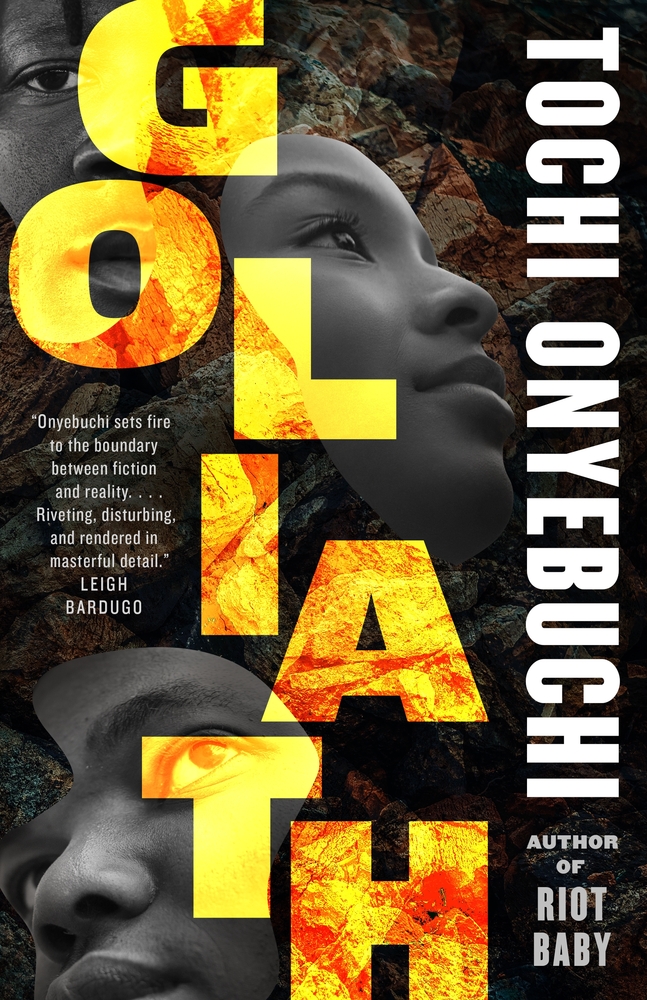Thadd Selden finished reading Goliath by Tochi Onyebuchi
It’s hard to say that I liked Goliath by Tochi Onyebuchi. It wasn’t really pleasant to read, but had some important messages and I’m glad I read it.
Goliath is written mostly from the perspective of black Americans after a race war, nuclear skirmish, and mass white flight to space colonies in the not to distant future. The world is wracked by climate change and environmental devastation and whites have abandoned black people to make do, or mostly just die, in what was left of the wasteland. There’s some rebuilding and some hope but most of it comes in the form of gentrification that pushes people out of their homes and reorganizes their communities to the benefit of white people.
This book was obviously written in the aftermath of BLM once it became clear that for most white Americans, it was little more than a bumper sticker slogan that we used to make ourselves feel like we were standing up for the marginalized while being unwilling to actually address systemic issues and bring about real change. The themes of this book carry that sentiment on to where it leads and it’s not pretty.
I think the hardest thing for me is having it laid out so plainly what I probably already knew: there’s no use for allies in the long run when things are stacked so strongly against those deemed as lesser. The building of bridges just makes it easier to bring new scrutiny and new dangers to communities that have protected themselves through isolation. Baby steps and incremental change don’t cut it.
Stylistically it was also a bit challenging to read Goliath. There is less of a story line as there are slightly connected vignettes. How they tie together isn’t always clear and it’s hard to figure out where things fit in the sequence of events. I suspect that’s because there’s not really a sequence that’s being conveyed but instead each chapter is telling the reader about a feeling in the community.
In many ways Goliath is more poetry than prose. The language is rich and instills strong feelings. I finished it on the plane ride home from a work trip and had to explain to a colleague why I was crying.
I hope Goliath’s pessimistic view of our future isn’t at all prophetic, but it also feels far too possible.

